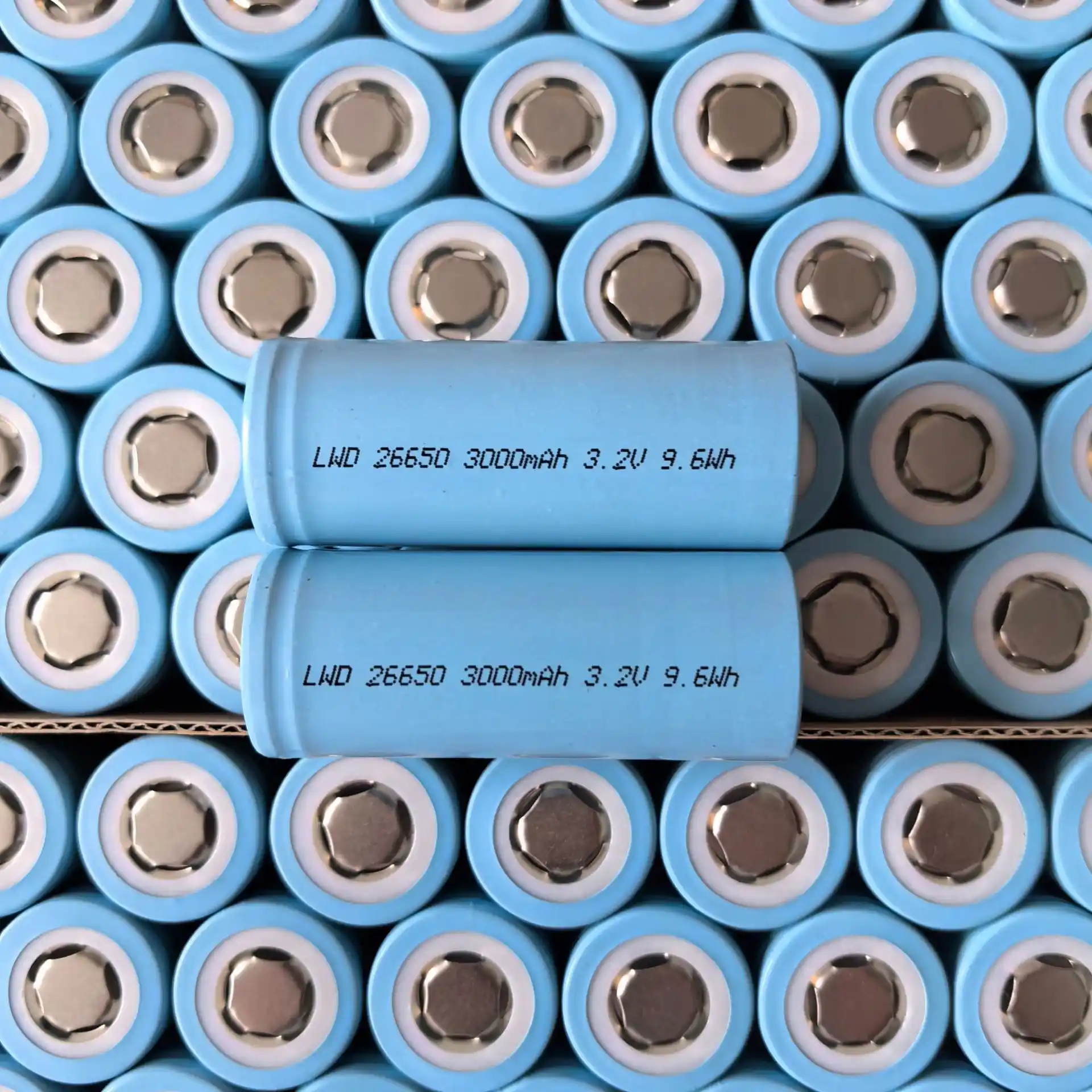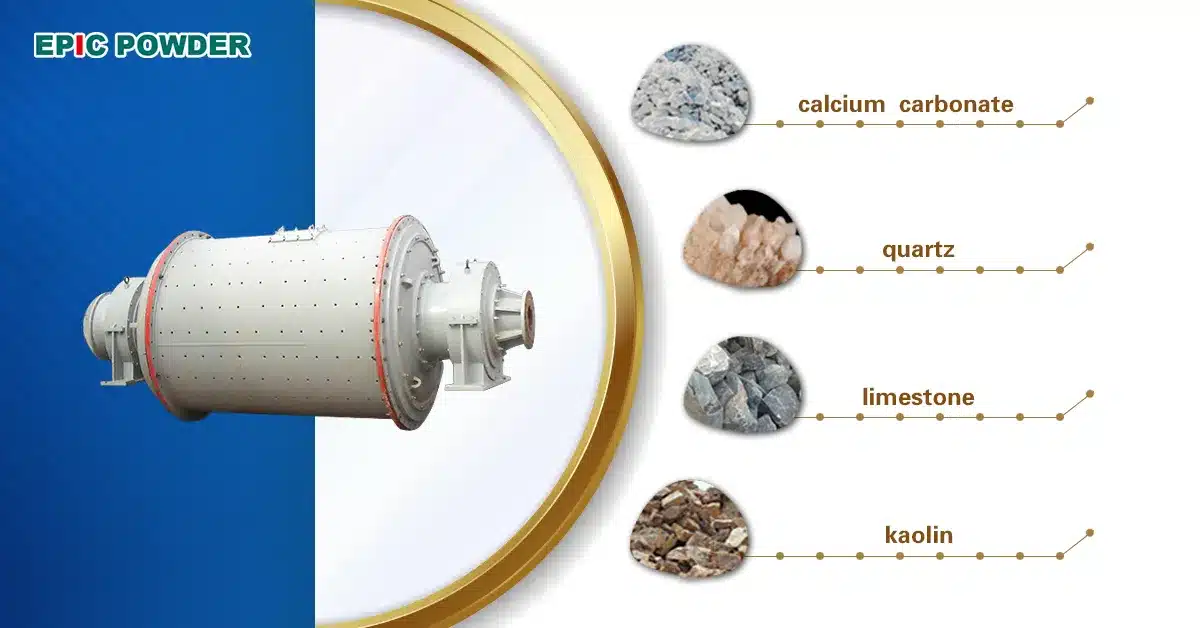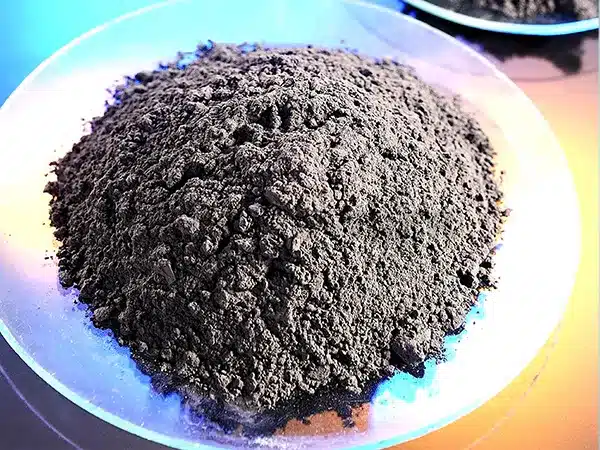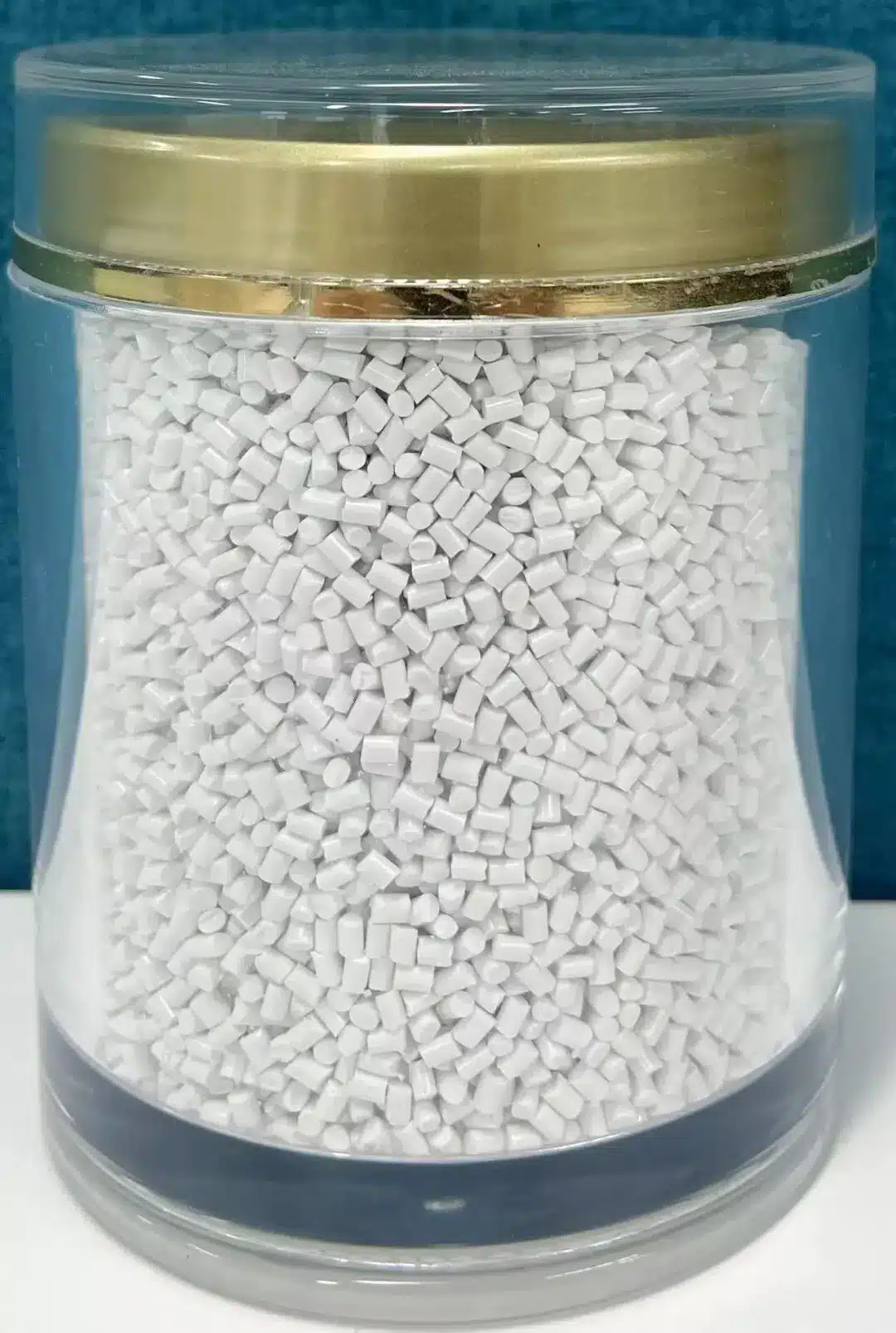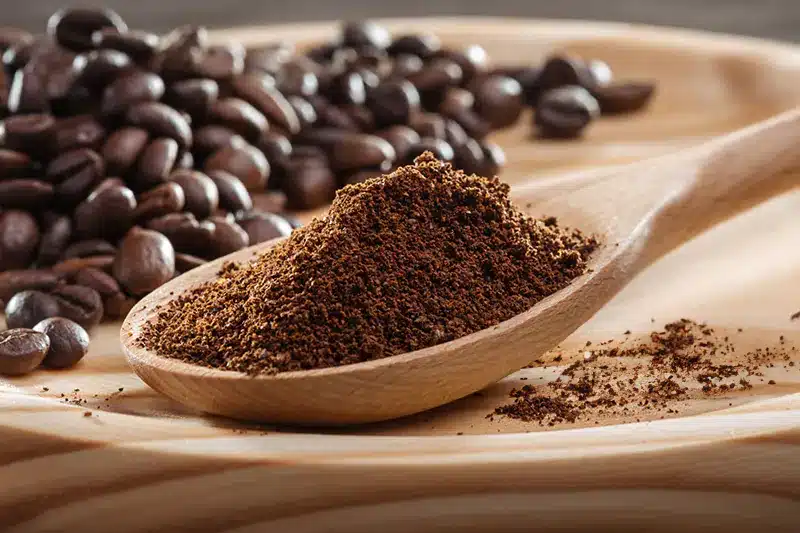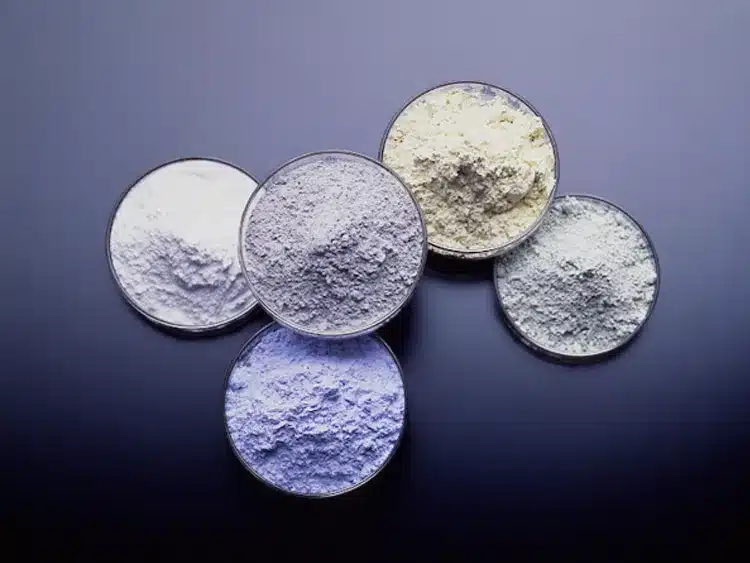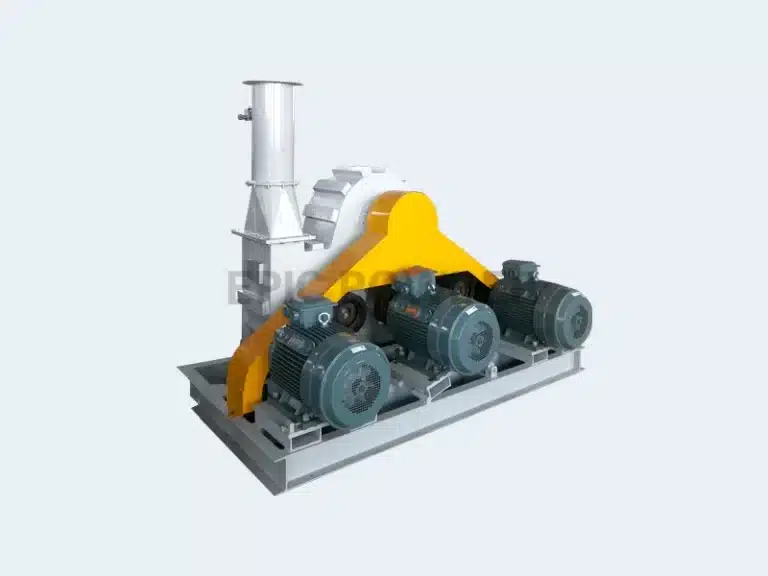In the production of lithium iron phosphate (LFP) batteries, maintaining material purity is critical to ensuring electrochemical performance and safety. One key process, the pulverization of LFP cathode materials often raises the question of whether ceramic protection is necessary. Below, we explore the importance of ceramic protection during the grinding process.
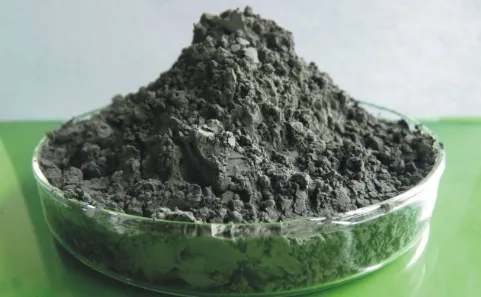
As a cathode material for lithium-ion batteries, LFP requires extremely high purity. If metal equipment is used during grinding, wear and tear may introduce metallic impurities, adversely affecting battery performance — such as increased self-discharge rates and reduced lifespan. Ceramic protection replaces metal contact surfaces, preventing the introduction of impurities at the source and ensuring material purity.
Ceramics offer high hardness and wear resistance, reducing friction between equipment and materials. This minimizes material loss and the risk of foreign contamination, meeting the stringent purity requirements of new material processing.
Ensuring Material Purity
In jet mills and other grinding equipment, the addition of ceramic linings — such as full internal linings, feed mechanisms, grinding nozzles, discharge units, and classifier wheels — creates a “true all-ceramic” structure. This prevents contamination from impurities and metals during processing, ensuring raw material purity.
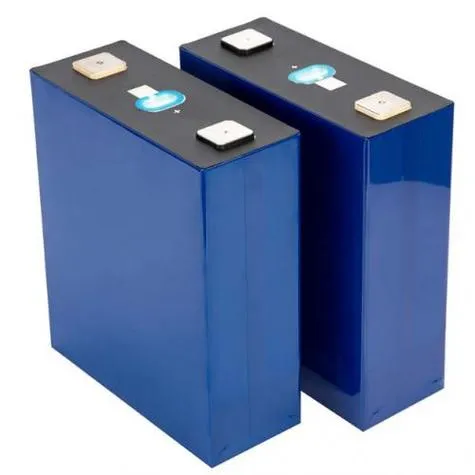
Improving Grinding Efficiency and Product Quality
Ceramic protection reduces wear on both equipment and materials, leading to a more stable grinding process. This helps control particle size uniformity and meets product requirements for particle size distribution.
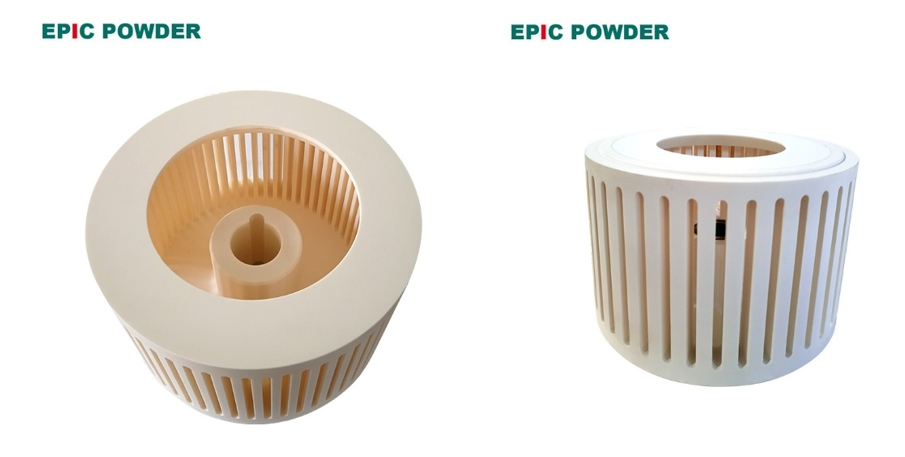
Specific Implementation Methods
To ensure optimal performance and purity, we recommend that manufacturers use 99% alumina or zirconia ceramics to produce key components, thereby achieving full ceramic protection. Additionally, it is essential to employ appropriate processing and assembly techniques to guarantee that all impact and flow areas are thoroughly protected by ceramic modules, which effectively avoids metal contact. Furthermore, this approach helps support large-capacity production needs while significantly reducing contamination and enhancing product value-added.
Integration with Closed-Loop Inert Gas Protection Systems
In the LFP grinding process, combining a closed-loop inert gas protection system (e.g., nitrogen) can further isolate oxygen and maintain material purity without contamination.
System advantages include:
• Controllable oxygen levels (below 10 ppm)
• Fully enclosed recycling of inert gas
• High automation and simple operation
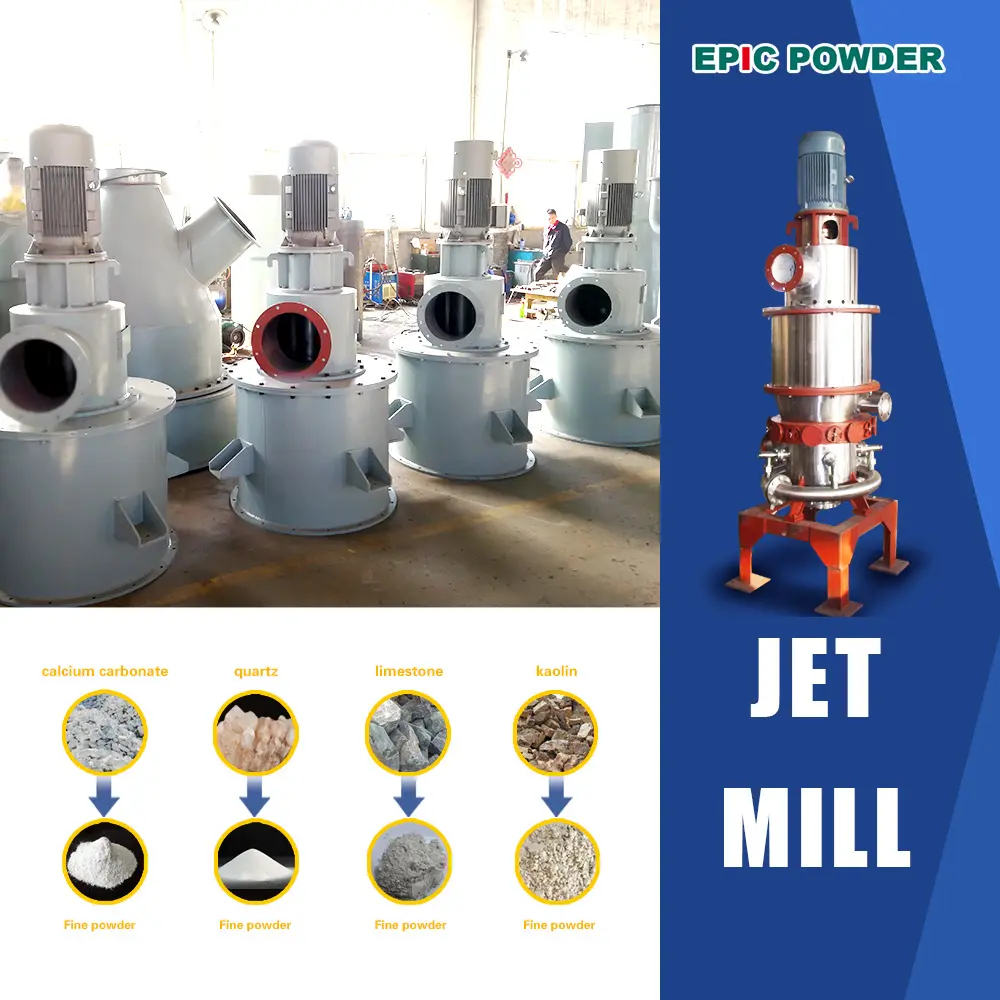
Enhancing Battery Performance and Safety
Ceramic protection reduces the introduction of impurities, thereby decreasing battery self-discharge rates, extending battery life, and improving safety and consistency.
For example, in blade batteries, the use of high-temperature ceramic coatings in critical areas—offering excellent heat resistance and insulation—significantly enhances safety performance and cycle life.
Meeting Industrial Demands
Ceramic coating materials (e.g., alumina) possess outstanding high-temperature resistance, low impedance, and cost advantages, making them highly suitable for the technological trends of fast-charging and high-voltage batteries.
About Epic Powder
Epic Powder specializes in providing advanced ceramic protection solutions and inert gas processing systems tailored for battery material production. With a focus on purity, efficiency, and safety, our technologies support the manufacturing of high-performance LFP cathodes and help battery makers meet evolving industry requirements.

